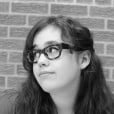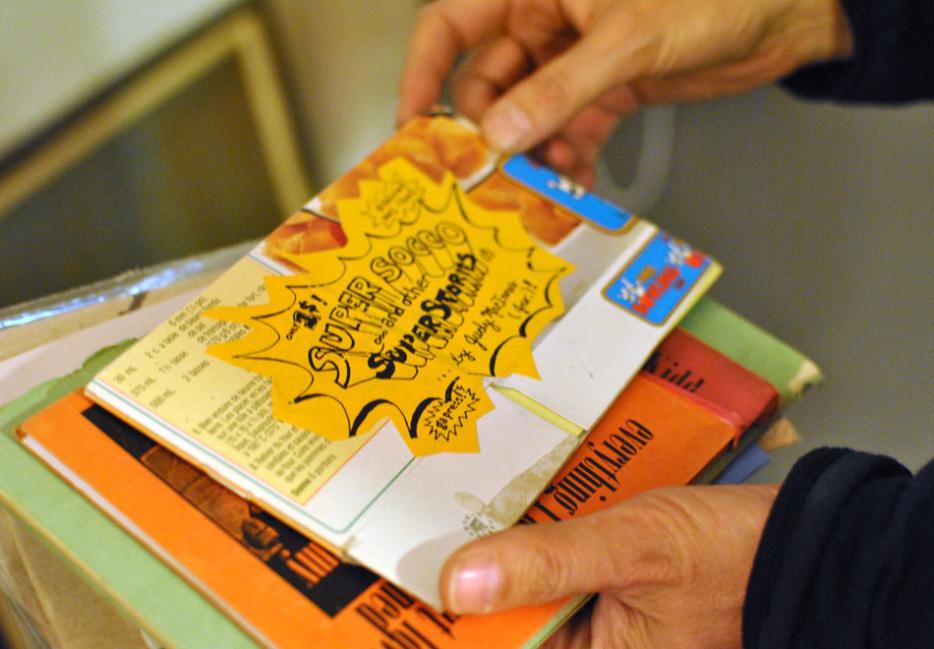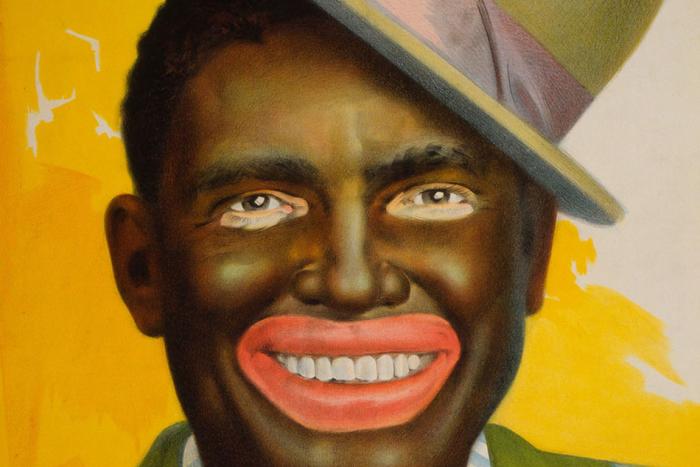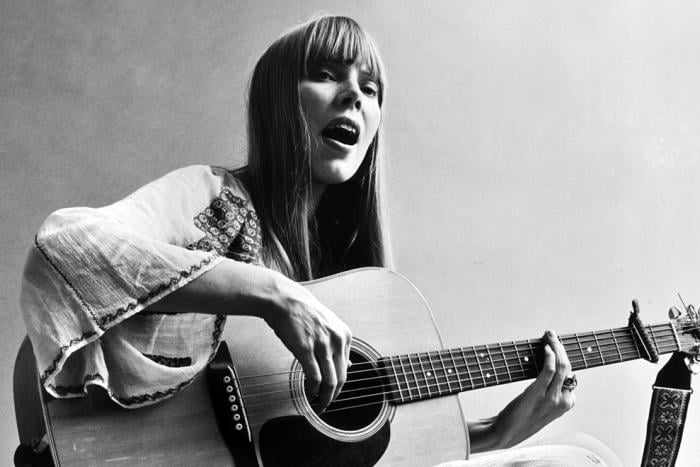Shelf Esteem is a weekly measure of the books on the shelves of writers, editors, and other word lovers, as told to Emily M. Keeler. This week’s shelf belongs to Sina Queyras, the poet, novelist, and proprietor of Lemonhound, a vital organ of Canadian criticism online. Sina’s bookshelves are in her office at Concordia, where she teaches creative writing, and hosts the Writers Read and Synapse reading serieses. Walking into the space, she warned me about the dungeon quality of the windowless room, but really it was warm and inviting. “I have thing about lighting. I have a thing about many things,” she said. Fittingly, we first discussed the light by which her books are read, and Sina’s collection of vintage lamps.
The problem is deciding what books to have here, and what books to keep at home. I’ve gotten to the point that I generally have to get doubles of everything. And then the problem is more about the books that I don’t really like, but they’ve been written by friends or people I’ve met and liked. It’s a matter of balancing the books that are actually really useful and that I love, and the ones that are just here because I have to keep them. This is now mostly just books I really love, or need for teaching. For me everything is about teaching, or my own work. I work a lot with books. Generally my relationship to all the books in this room revolves around the question how can I get my students excited.
When we left Brooklyn, I actually left two boxes of books in the basement. This is the thing about moving; you lose a lot of books. Otherwise this whole office would be totally filled with books. In fact, probably I have about twice this much at home. But it would have been a lot more if it weren’t for the continual purging that bibliophiles think of as an evil thing to do.
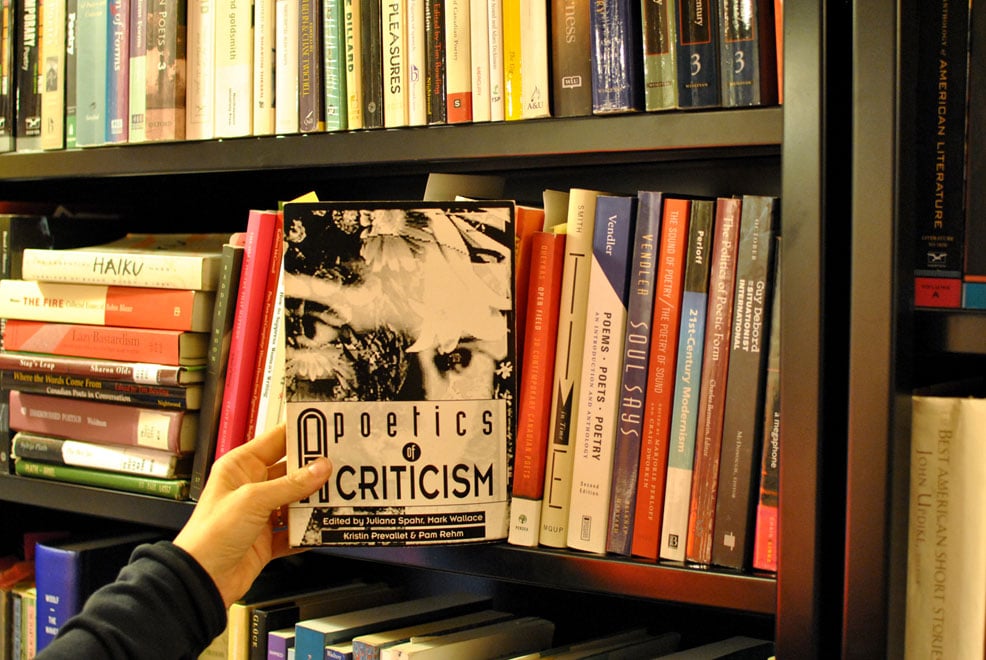
Do you know what a bubble we just experienced in the past 20 years? When I came to writing, nobody read books. There was like, Coles, that was the only bookstore outside of Toronto. I think people in Toronto have the wrong idea about the long theory of literature. What we experienced was a bubble, I think, a cultural bubble. I think that people need to understand that books have never really been so accessible as they have been in the past 20 years. Both the number of books and bookstores. It’s been a really beautiful time, but now we face a more surprising reality. But I don’t feel negative about the future of books either. It’s a really boring discussion. But we’re in a great time. Look at all these books.

